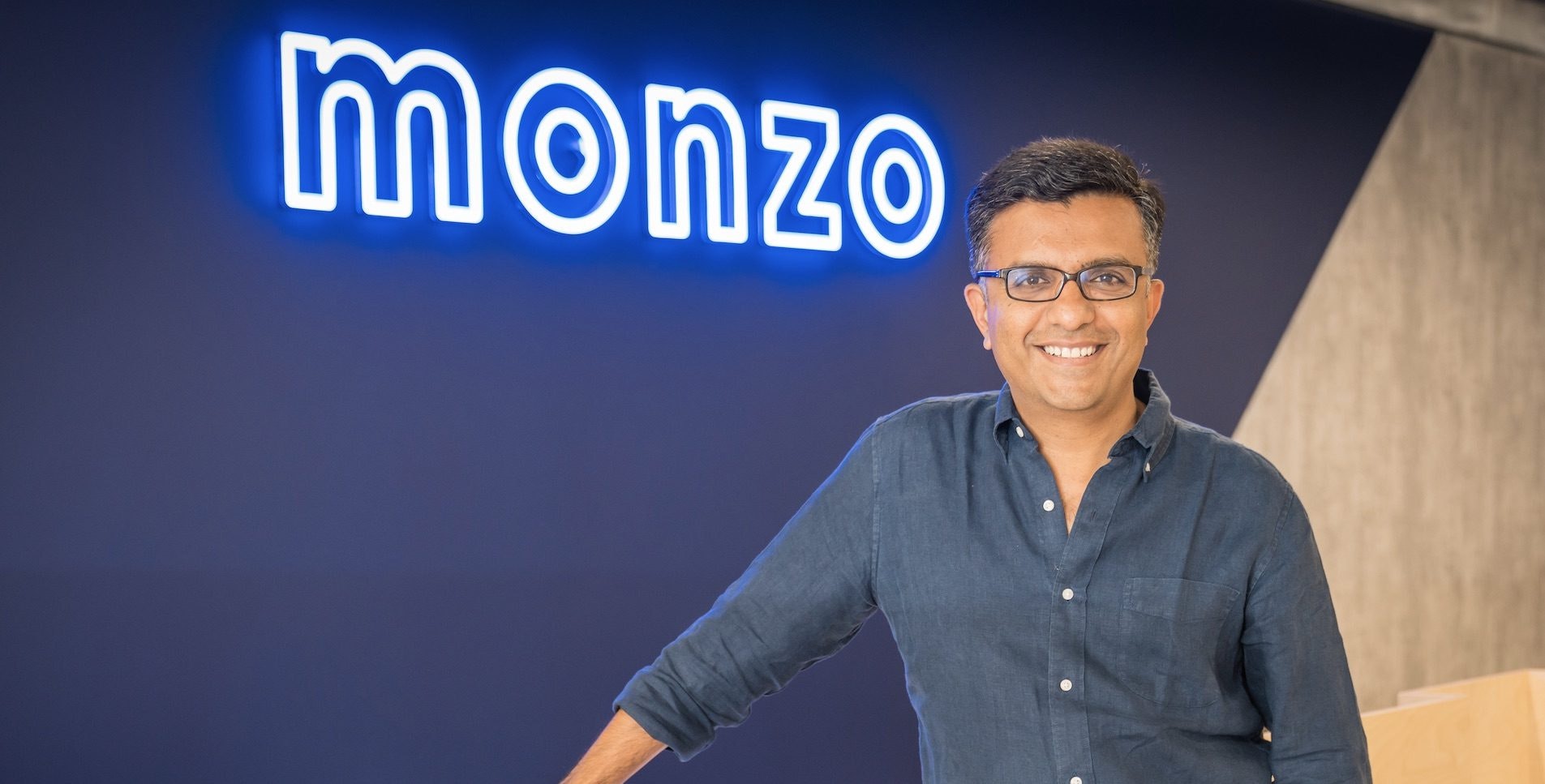Last year, funding for later-stage fintechs took the biggest hit amid the tech slowdown. But now investor nervousness has trickled further down the fintech food chain.
So far this year, $379m has been invested into pre-seed and seed-stage fintech startups in Europe, according to Dealroom data, which suggests that funding will struggle to match the $995m invested in the sector in 2022.
To get a better idea of the mood music behind these statistics, Sifted spoke to the European investors who were the most active at fintech’s early stages this time last year. We confirmed the number of deals with the investors themselves.
All but two on the list (Seedrs, an equity crowdfunding platform and Plug and Play) have seen a dramatic drop in the number of early-stage fintechs they’ve backed this year. Although they acknowledge the severity of the fintech funding slowdown, many of the investors Sifted spoke to said they’re beginning to see the deal pipeline pick up as we head into the last quarter of 2023. They’re also bullish on the higher quality of the fintechs that do get funded in this environment.
1. Seedrs
Focus: London-HQ’d Seedrs is not a VC firm but an equity crowdfunding platform for private businesses that is supported by a big community of investors, from retail investors to active angel investors and funds. Since its launch in 2012, fintechs have taken the lion’s share of funding on the platform — 156 companies out of 845, according to Dealroom data.
European early-stage fintech investments in 2023: 14 — up one from going into H2 2022.
2023 EU fintech picks: CarCrowd, DMALINK, Fagura, Frost, givestar, Givt, Hydr, Pikl, Qardus, Rnwl, Splint Invest, The Portfolio Platform and Ziglu.
Notable past investments: Revolut, Wombat and Plum have all raised rounds on Seedrs.
What the firm’s thinking: Scott Simpkin, Seedrs’ UK campaigns lead, tells Sifted that investment activity on Seedrs has “reflected the wider market” and that the volume of early-stage fintech raises on the platform fell 33% in H1 “partly because fintech founders are opting to delay their next fundraise until the market recovers and they can achieve a higher valuation”.
He added that Seedrs hasn’t seen the “sharp decline in round value that we’ve seen in VC and public markets”, given that companies still need to raise money in the more difficult fundraising environment.
Round values have been “remaining relatively stable year on year at £10.9m compared to £12.9m in 2022. The largest Series A fintech raise we enabled was credit startup Yonder, which raised £13.1m from 636 investors”.
2. Plug and Play
Focus: Founded in 2006 in California, Plug and Play has both an accelerator programme and a VC arm. Currently operating across 15 countries, it expanded into London in 2019. Plug and Play typically invests $50k-250k in pre-seed, seed and Series A startups, primarily B2B.
European early-stage fintech investments in 2023: Nine — up from seven going into H2 2022.
2023 EU fintech picks: Vespia, Qomodo, Sibill, Nobank, Kennek, Minimum Corporation, Triple, Edda and Fledgerr.
Notable past investments: Lending Club, N26 and PayPal.
What the firm’s thinking: "Capital deployed and valuations for European startups are on a continuous decline, affecting early and late-stage firms differently," says Thomas Bigagli, EMEA partner at Plug and Play.
"While fintech scaleups are mostly focusing on internal restructuring and cost-cutting measures, early-stage startups display resilience by seeking early market validation to earn investor trust and secure funding for their growth."
3. Speedinvest
Focus: Speedinvest has ranked among the most active fintech investors in Europe for the last few years. The fund, which has offices across Europe, focuses on fintech firms that cut across verticals. It predominantly focuses on B2B fintechs that have developed their own tech.
European early-stage fintech investments in 2023: Three — down from seven going into H2 2022.
2023 EU fintech picks: One Trading, Blocktorch and finres.
Notable past investments: Wayflyer, wefox, Bitpanda and GoStudent.
What the firm’s thinking: “We continue to actively invest and our investment pace has not slowed in 2023. In fact, it may have even increased,” says Olga Shikhantsova, fintech partner at Speedinvest.
“For us, the criteria we use when making investments has not changed, because we are disciplined and mindful of the economics and fundamentals of business in every market, bear or bull.
“We are seeing increased activity as we approach Q4 2023. We are prepared for more activity in the early stage; however, the market needs to demonstrate that sufficient growth capital will be readily available in 2024. Otherwise, early-stage funding will likely lag.”
4. Force Over Mass
Focus: Founded in 2013, London-based Force Over Mass focuses on early-stage investments into UK startups across sectors, but SaaS and fintech take the lion’s share of its portfolio. Since then, it’s backed 101 startups, including 27 fintechs, according to Dealroom data.
European early-stage fintech investments in 2023: Three — down from six going into H2 2022.
2023 EU fintech picks: Superfi, Monet, Banked and Careless.
Notable past investments: Sprinque, Barte, finway.
What the firm’s thinking: “The venture ecosystem is adjusting to the new macro-economic headwinds, including elevated interest rates, which will inevitably create short-term risks for those companies that are not agile enough to adjust their business models quickly,” says Force Over Mass CEO and founder Martijn De Wever.
“Although tech valuations have come under severe pressure, our convictions in the fintech space in general remain unchanged.
“We like new financing models that play into a world where cost of capital is elevated and consumers become more conscious. Going into 2024, we expect new financing models to emerge and, when coupled with more flexibility from regulators, this could ignite a new s-curve for the current underdog in the market.”
5. Coinbase Ventures
Focus: Launched in 2018, the venture arm of global crypto exchange giant Coinbase has no fixed fund size and no full-time employees. Coinbase Ventures writes cheques of between $50k-$250k and tends to go for rounds alongside other VCs, and not aim for board seats.
European early-stage fintech investments in 2023: Two — down from seven going into H2 2022.
2023 EU fintech picks: AwesomeQA and Violet.
Notable past investments: FTX, OpenSea, BlockFi and Alchemy.
What the firm’s thinking: “We have and continue to be excited by companies that are pushing the crypto ecosystem forward,” says Shan Aggarwal, Coinbase VP and head of corporate development and ventures.
6. Seedcamp
Focus: Founded in 2007, London-based Seedcamp invests at pre-seed and seed across sectors. It backed Wise and Revolut — two of Europe’s shiniest fintechs.
European early-stage fintech investments in 2023: Two — down from six going into H2 2022.
2023 EU fintech picks: Trezy and Plumery.
Notable past investments: Revolut, wefox, Wise and Monese.
What the firm’s thinking: “We are especially looking forward to meeting companies that are developing the next generation of services built on data and intelligent orchestration in challenging areas like treasury management, working capital and financial crime detection,” principal Felix Martinez tells Sifted.
7. LocalGlobe
Focus: Of the four funds under the Phoenix Court Group umbrella, LocalGlobe is the one that backs startups at pre-seed and seed. The fund is sector agnostic.
European early-stage fintech investments in 2023: One — down from eight going into H2 2022.
2023 EU fintech picks: Translucent.
Notable past investments: Wise, TravelPerk, Monzo and Zego.
What the firm’s thinking: “We continue to see challenges in the funding environment for fintech. Despite these, we strongly believe this will turn out to be a great era for many growth-stage fintechs, which are capturing new generations of users at scale,” says Julian Rowe, partner at Phoenix Court Group.
“At the earlier stages, we continue to see the very best companies raising great rounds,” adds Remus Brett, general partner at Phoenix Court Group.
“We see opportunities across the spectrum, with a particular interest in financial crime prevention, the ‘financialisation’ of carbon, next gen insurtech, wealth management, asset tokenisation and emerging markets B2B payments.”
8. Global Founders Capital
Focus: Berlin-HQ’d Global Founders Capital was the VC arm of German tech incubator Rocket Internet. It invested globally and is stage and sector agnostic — meaning it backs startups from seed to exit across all sectors — but was particularly active in fintech.
After making significant layoffs last year, Sifted understands that Global Founders Capital is no longer active as an investor. The firm could not be reached for comment.
European early-stage fintech investments in 2023: Zero — down from nine going into H2 2022.
2023 EU fintech picks: N/A
Notable past investments: GFC had backed some of the world’s biggest tech companies in the last decade, including Meta, Canva and Slack. Its European fintech portfolio includes Revolut, Billie, Uncapped and Tink.
What the firm’s thinking: N/A


